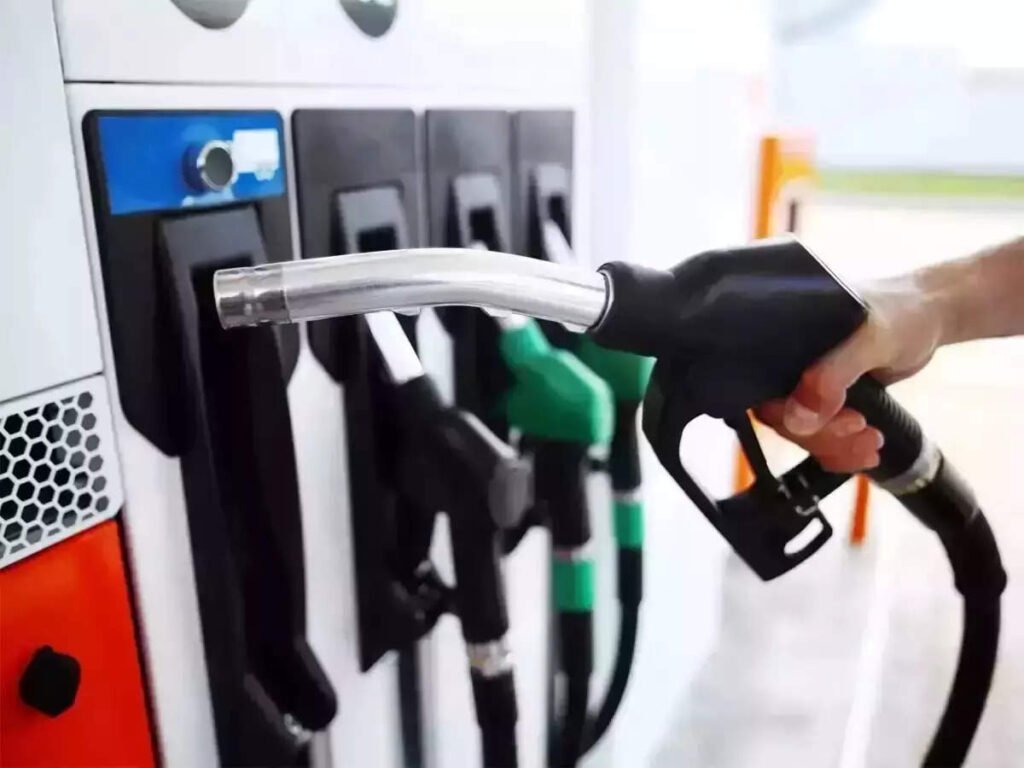Prices of essential commodities such as vegetables, edible oil, and daily items have skyrocketed after the hike in diesel and petrol prices by oil marketing companies.
The situation got worse when Compressed Natural Gas (CNG) prices increased in the NCT of Delhi and Mumbai.
The Reserve Bank of India (RBI) raised the retail inflation projection of the current FY to 5.7 % amidst ongoing geopolitical tensions. RBI had predicted retail inflation in February to be 4.5 % in fiscal 22-23. RBI Governor Srikantha Das said while unveiling the first monetary policy for the current fiscal year “The economy is grappling with the rise in inflation. Global prices and commodities have hardened significantly”.
India is 90% dependent on imports for requirements of its oils and hence the retail rates adjust to the global movement. With the Ukraine-Russia war, international crude prices of $ 139 per barrel in March this year. Rates have dropped as Brent crude futures were stable at $100 per barrel on Friday earlier. Moody’s Investor Service stated that the state retailer lost around Rs. 19,000 crores in revenue by keeping a hold on diesel and petrol prices.
PTI reported this week that on average $100 per barrel of crude oil will be raising Rs. 9-12 per litre in retail price and Rs.15-20 litre hike if the crude prices raised to $110 to $120.
Prices for petrol and diesel across India include Central as well as State taxes. The state government levies value-added tax (VAT) on petrol-diesel prices and the percentage is decided by the respective state governments. This is the reason why the fuel prices vary state-wise.
However, in the past, the government had taken steps to reduce the tax burden and now it is the time for the states to come forward and do what is required to be done.
A few days back Niti Aayog Vice Chairman, Rajiv Kumar said that the government was keeping a close watch on the prices of all commodities, fuel prices and necessary steps would be taken.


